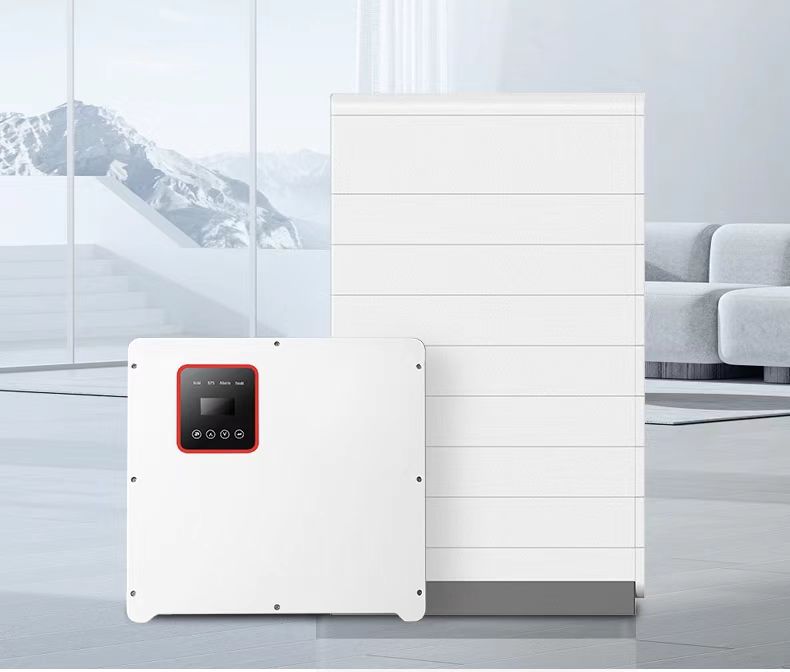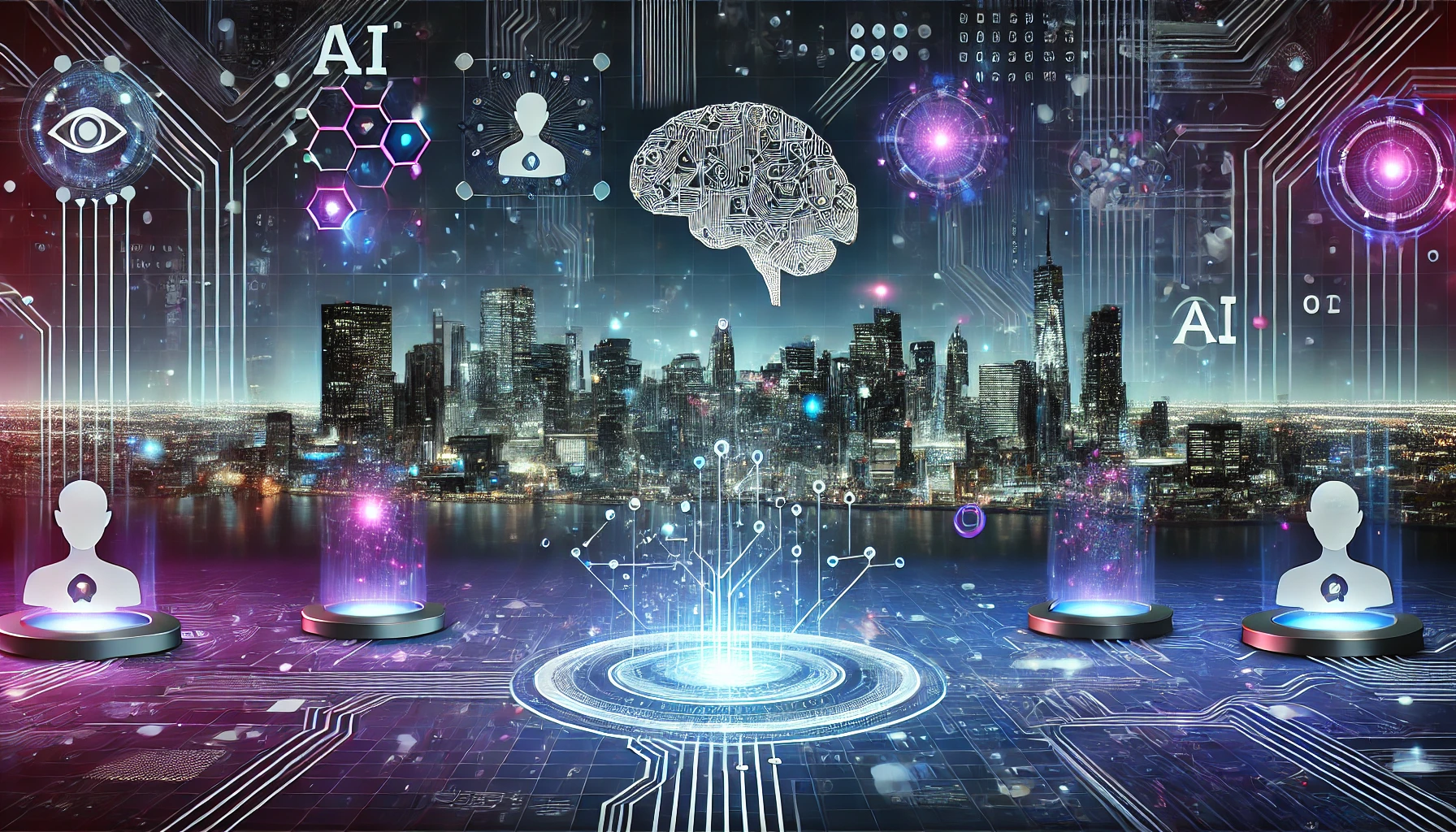Solar Power Systems: Clean Energy for the Future
I. Product Introduction
Solar power system is a clean energy solution that utilizes sunlight as an energy source and converts solar energy into electricity through photovoltaic modules. The system mainly consists of solar panels, inverters, storage batteries, controllers and other auxiliary equipment. With its environmentally friendly, energy-saving and efficient features, solar power systems are widely used for power supply needs in domestic, commercial, industrial and remote areas.
With the global emphasis on sustainable development and reduced reliance on fossil fuels, solar power supply systems have become an important direction for future energy development. It can not only provide users with stable and reliable power, but also reduce carbon emissions, making an important contribution to environmental protection and economic development. Whether in remote areas not covered by the grid or in urban buildings, solar power systems can provide convenient power support through efficient energy conversion.
The advantages of solar power systems lie in the renewability of the energy and the flexibility of its use. By collecting sunlight through solar panels, it converts clean renewable energy into electricity and stores it to provide users with a 24/7 power supply. It not only reduces the reliance on traditional fossil fuels, but also provides an innovative solution for the green transition of energy.

II. System Composition and Working Principle
The solar power system is a highly integrated energy solution consisting of several core components, each of which has an important role in the system:
1. Photovoltaic Module (Solar Panel)
The photovoltaic module is the core part of the solar power system, which directly converts solar energy into DC electricity through the photovoltaic effect. It consists of multiple solar cells, usually fabricated using monocrystalline silicon, polycrystalline silicon, or thin-film technology. Its power generation efficiency and quality directly affect the overall performance of the system.
2. Energy storage devices (batteries)
Energy storage batteries are used to store the electricity generated by PV modules for use in lightless conditions such as night or cloudy days. Commonly used energy storage devices include lead-acid batteries and lithium batteries, of which lithium batteries have become the mainstream choice due to their high efficiency, long lifespan and environmentally friendly characteristics.
3. Inverter
Inverters convert the direct current (DC) generated by PV modules into alternating current (AC) to adapt to the electricity needs of domestic and commercial users. Modern inverters are often equipped with intelligent features such as real-time monitoring, fault detection and grid control.
4. Controller
Solar controllers are used to regulate the flow of power between solar panels, batteries and loads, avoiding overcharging and overdischarging and ensuring safe and efficient system operation.
5. Distribution system and monitoring equipment
The power distribution system is responsible for distributing power to different loads, while the intelligent monitoring equipment is used to monitor the system’s operating status, including power generation, battery status, power consumption, etc., so that users can understand the system’s performance in real time.
Working Principle
The solar power system absorbs sunlight through photovoltaic modules and converts it into direct current. Part of the converted electricity is supplied directly to the user, and the other part is stored through the energy storage battery for use at night or on cloudy days. The inverter is responsible for converting DC power to AC power to adapt to the user’s equipment needs, while the intelligent controller coordinates the operation of each component to ensure that the system works safely and efficiently.
Product Features and Advantages
As a modernized energy solution, solar power system has the following significant features and advantages:
1. Environmental protection and energy saving
Solar energy is a clean and renewable energy source that does not produce any pollutants or greenhouse gas emissions. The use of solar power supply system can significantly reduce the dependence on fossil fuels and contribute to environmental protection and climate change mitigation.
2. Economic Benefits
Although the initial installation cost of a solar power system is high, its long-term operating cost is extremely low. There is no need to pay for energy during system operation, and users can realize long-term economic benefits by reducing electricity costs through self-generation and self-consumption or selling electricity from the grid.
3. High reliability and stability
Solar power supply system runs stably and reliably, especially suitable for areas where grid coverage is not available or power supply is unstable. Through the energy storage equipment, the system can provide power supply around the clock to meet the basic power needs of users.
4. Flexibility and Expandability
The design of solar power system is flexible and can be scaled up according to user needs. From small systems for single-family households to large systems for industrial use, the system can be customized to flexibly meet the needs of different scenarios.
5. Easy maintenance
Low maintenance requirements during system operation, solar panels only need to be cleaned regularly to maintain light efficiency, other equipment failure rate is also low, the operating life of up to 20 years or more.
Application Scenarios
Solar power system is widely applied to the following scenarios due to its flexibility and diversity:
1. Household Electricity
Solar power supply system can provide stable power supply for families and reduce electricity expenses, especially suitable for families pursuing energy saving and environmental protection. Users can also sell excess electricity to the grid through the grid-connected system to realize additional income.
2. Remote Area Power Supply
In remote areas not covered by the grid, such as villages, mountains and islands, solar power systems are an ideal stand-alone solution to provide residents with a continuous and reliable supply of electricity.
3. Commercial and Industrial Facilities
Commercial facilities such as factories, shopping malls and office buildings can utilize solar power systems to supply power to production equipment and lighting systems, reducing power costs and enhancing the environmental image of the company.
4. Agricultural Applications
Solar power systems in agriculture can be used to power irrigation equipment, farm lighting, cold storage facilities, etc. This not only reduces energy costs, but also improves the efficiency of agricultural production.
5. Emergency and Mobile Power
In natural disasters, emergency rescue and outdoor activities, solar power systems can be used as an emergency power source to provide independent and reliable power supply support.
V. Development Prospects
With the increasing global demand for renewable energy, the market outlook for solar power systems is very broad. Governments’ policy support for clean energy and the continuous progress of technology have promoted the popularization of solar power systems in the domestic, commercial and industrial sectors. Meanwhile, the rapid development of energy storage technology has further improved the efficiency and applicability of the system, making solar power systems perform better at night or on cloudy days.
In the future, solar-powered systems will be a central force in the global energy transition. By combining with smart grid, big data and IoT technologies, the level of intelligence of solar power supply systems will be further enhanced, promoting the transformation of energy management from traditional mode to digitalization and intelligence. At the same time, with the decline in production costs and the increase in popularity, solar power supply system will become the mainstream choice for home and enterprise electricity consumption.
Conclusion
Solar power supply system is an important part of the future energy development, through the efficient energy conversion and green features, provides a sustainable development solution for human society. Whether in terms of reducing carbon emissions, lowering energy costs or enhancing energy independence, solar power supply systems play an irreplaceable role. Choosing a solar power system is not only an embrace of clean energy, but also an investment in a green future. Through the combination of technology and innovation, solar power systems will surely play a more important role in the global energy transition and contribute more to the sustainable development of mankind.

